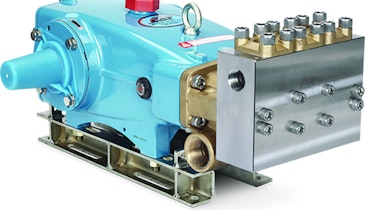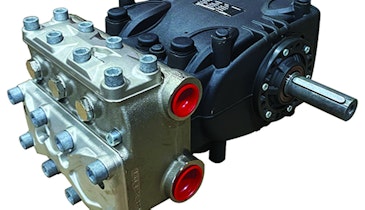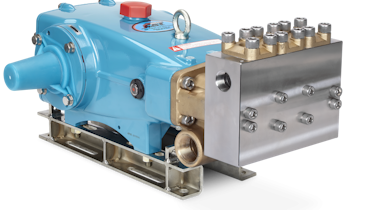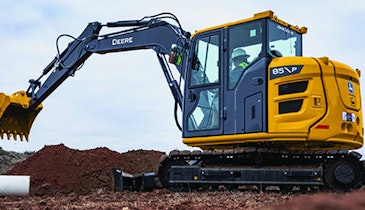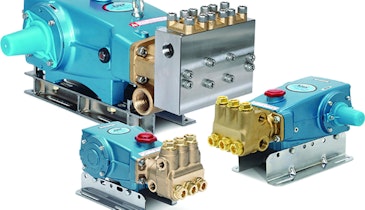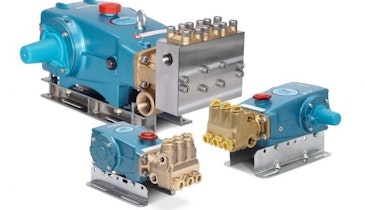Dual-rod HDDs like the Vermeer D40x55DR S3 and D23x30DR S3 represent the latest technology for drilling rock. They use two independently controlled drill rods — one within the other — during operation. While drilling out the pilot bore, the outer rod provides rotation for steering while the inner rod supplies torque to a tri-cone or PDC drill bit.
“This powerful combination delivers optimal downhole cutting action and steerability,” says Tod Michael, business unit manager for Vermeer. “Its footprint is similar to a single-rod model, making it more compact than other rock drilling solutions.”
But is a dual-rod machine better than a single-rod machine? That depends on your operation. Consider these factors:
Rock density
Michael says that HDD utility contractors who perform 50% or more of their bores in soft- to medium-density rock, up to 24,000 psi (165.5 MPa) compressive strength, should absolutely consider investing in a dual-rod HDD. If less than 25% of your work is in rock, a single-rod tooling setup — perhaps with an air hammer or rock bit, like the Vermeer Armor drilling system — may be more economical. If your operation falls somewhere in the middle, read on.
Job site requirements
For most utility HDD work, a small footprint, quick setup and easy teardown are essential to efficiency. “Dual-rod machines can often be transported on the same trailer as single-rod machines, are convenient to set up and don’t require extra space,” explains Michael.
Operator capabilities
If your operator can run a single-rod machine, they should be able to become efficient at operating a dual-rod HDD. “Running an air hammer takes more training and talent,” Michael says. “In solid rock, they have to get the drill path right the first time. If ground conditions go from rock to clay or sand, they need to either change their tooling or understand how to work through it.” For operators who understand the finer points of drilling in rock, stepping up to a rock drill should be a fairly smooth transition.
Operational costs
Dual-rod machines work in rock, clay, sand and loamy soils — and that versatility comes at higher upfront investment. With single-rod machines, you can use a rock bit or an air hammer, but over the long run, it may or may not be more cost efficient than the dual rod.
Next steps
“Every contractor’s situation is different, which is why it’s not always an easy decision,” Michael says. “If you’re not sure what’s right for you, talk to your local Vermeer dealer. They can tell you what other contractors in the area are using and even help estimate costs so you can make a more informed decision.”
Vermeer makes a real impact on the way important work gets done through the design, manufacture and support of high-quality industrial and agricultural equipment. The company’s 3,500-plus team members know customers rely on Vermeer to keep their businesses moving forward, and are committed to meeting customers’ needs with full service and support in more than 60 countries.
